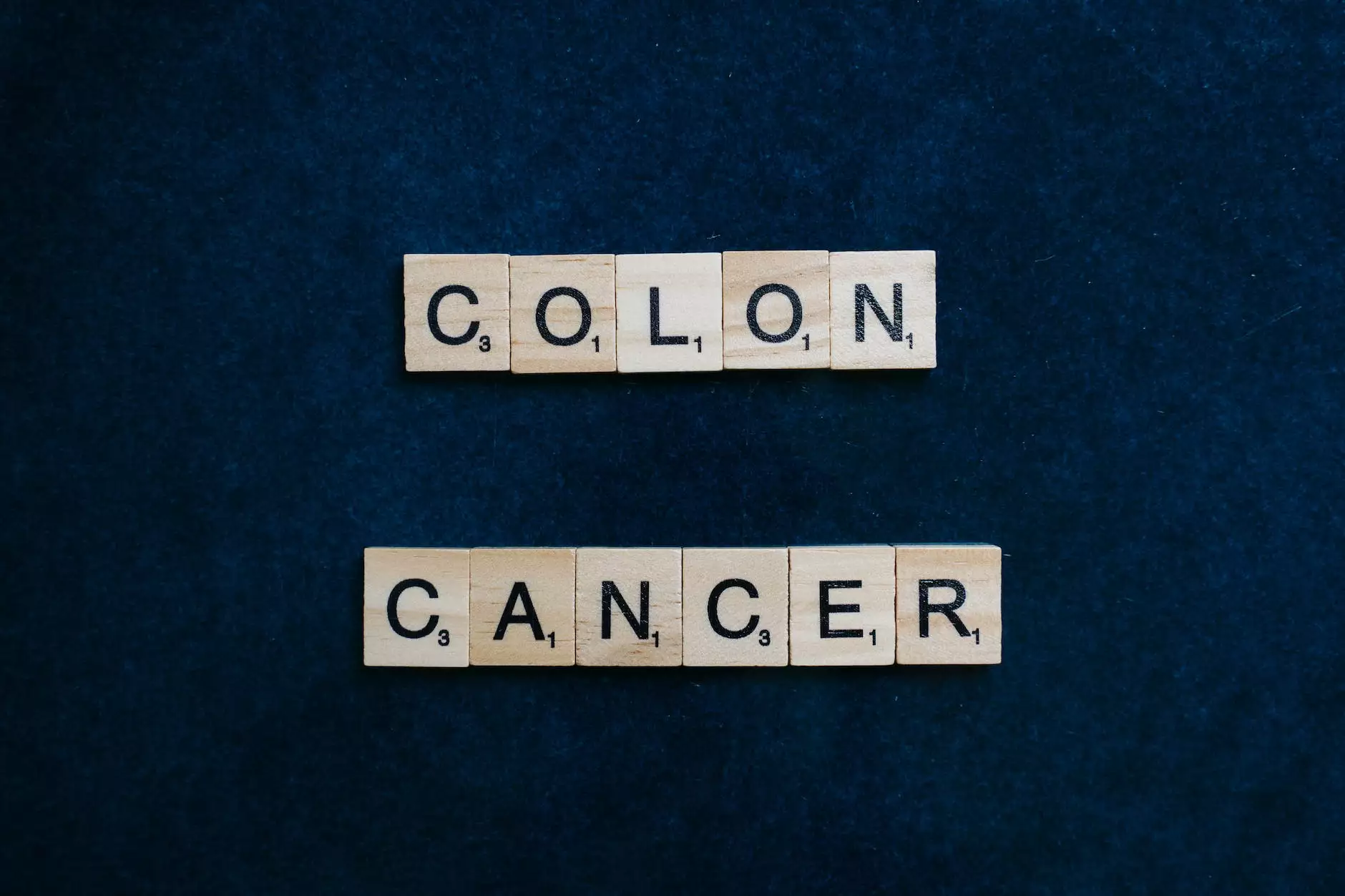Is Diet Related to Colon Cancer Risk?
Blog
The Importance of Diet in Colon Cancer Prevention
When it comes to reducing the risk of colon cancer, many factors come into play. Among these, diet holds a significant position. Research has shown that the food we consume on a regular basis can have a profound impact on our overall health, including our susceptibility to colon cancer.
The Connection Between Diet and Colon Cancer
Multiple studies have found a strong association between dietary patterns and the development of colon cancer. A diet high in processed foods, red and processed meats, sugary drinks, and low in fiber has been linked to an increased risk of colon cancer. On the other hand, a diet rich in fruits, vegetables, whole grains, lean proteins, and healthy fats has been found to be protective against colon cancer.
The Role of Fiber in Colon Cancer Prevention
Fiber plays a crucial role in maintaining digestive health and reducing the risk of colon cancer. Adequate consumption of dietary fiber helps regulate bowel movements, prevent constipation, and decrease the transit time of waste through the colon. This reduces the exposure of the colon lining to harmful substances that can lead to the development of cancerous cells.
The Impact of Processed and Red Meats on Colon Cancer Risk
Evidence suggests that the consumption of processed and red meats is associated with an increased risk of colon cancer. These meats contain compounds that can promote inflammation in the colon and contribute to the formation of cancer cells. It is advisable to limit the intake of processed meats such as bacon, sausages, hot dogs, and to opt for lean sources of protein like poultry, fish, and plant-based alternatives.
The Protective Effects of Fruits and Vegetables
Fruits and vegetables are rich in essential vitamins, minerals, antioxidants, and dietary fiber, making them an integral part of a colon-healthy diet. Their consumption has been linked to a decreased risk of colon cancer. Incorporating a variety of colorful fruits and vegetables into your daily meals can provide your body with vital nutrients and potent cancer-fighting compounds.
The Importance of Whole Grains
Whole grains such as brown rice, whole wheat bread, and quinoa offer numerous health benefits, including a lowered risk of colon cancer. These cereals are rich in fiber, antioxidants, and other bioactive compounds that promote a healthy digestive system. Try replacing refined grains with whole grains in your diet to reap their protective effects.
Healthy Fats and Their Impact on Colon Cancer
When it comes to fats, it's essential to choose the right ones. Healthy fats like those found in avocados, olive oil, fish, and nuts can provide a protective effect against colon cancer. These fats contain omega-3 fatty acids, antioxidants, and anti-inflammatory properties that help maintain a healthy colon environment.
Conclusion
While diet alone cannot guarantee the prevention of colon cancer, it plays a significant role in reducing the risk. By incorporating a range of nutritious foods into your daily meals and making healthy dietary choices, you can positively impact your colon health and overall well-being. Consult with a medical professional, such as Richard Martinez, MD, to develop a personalized diet plan that suits your specific needs and minimizes your risk of colon cancer. Take control of your diet, and take a step towards a healthier colon!










